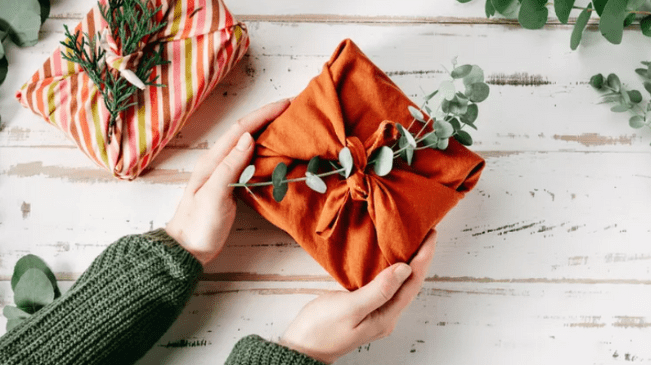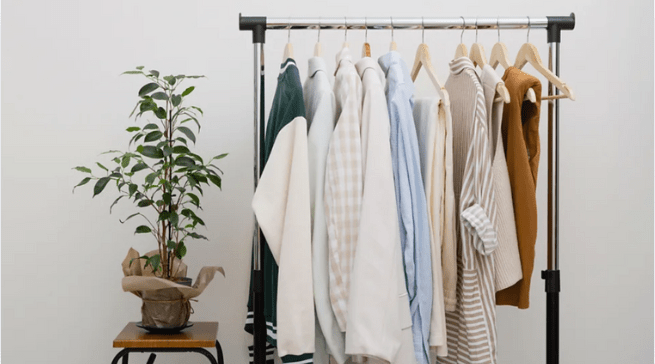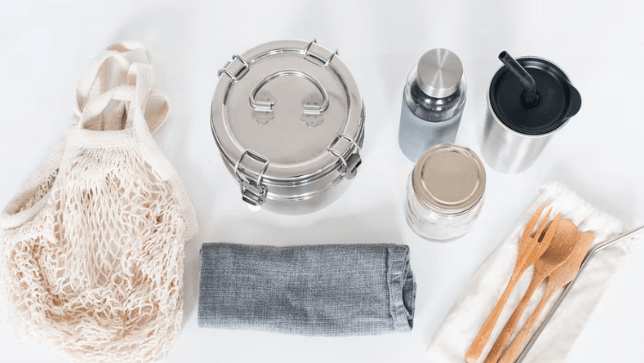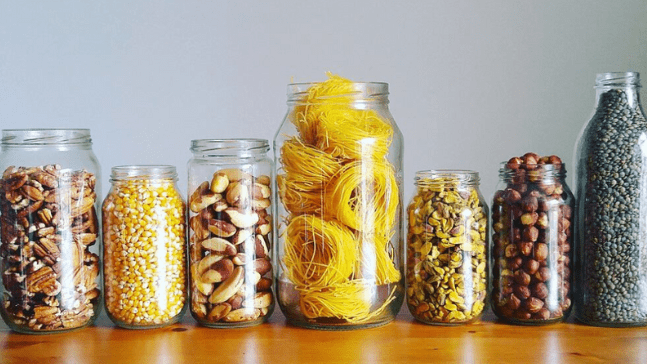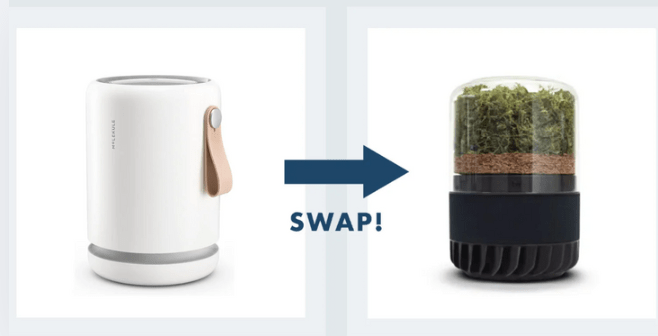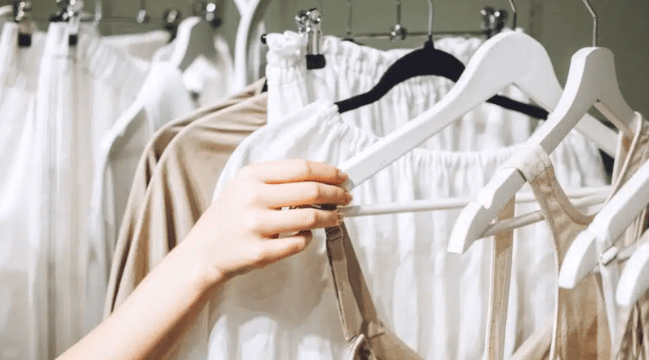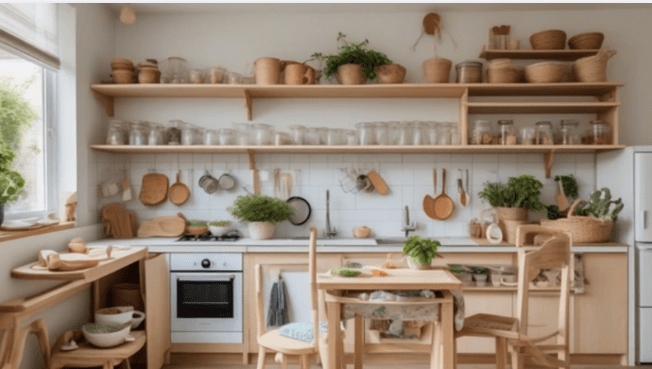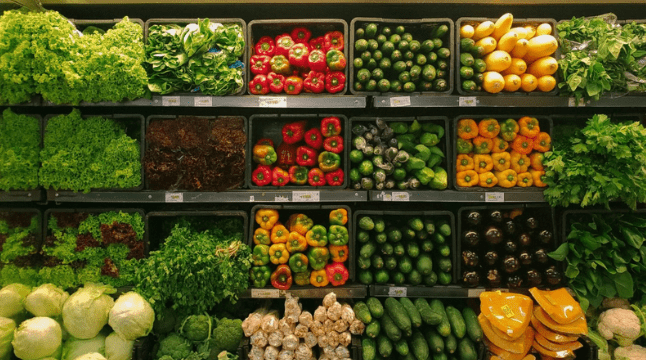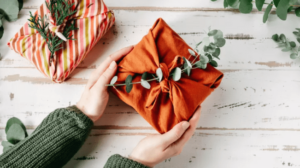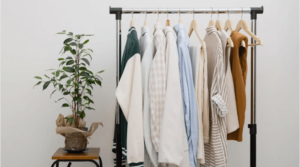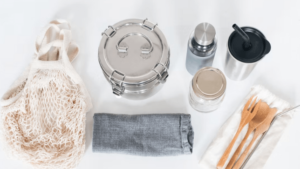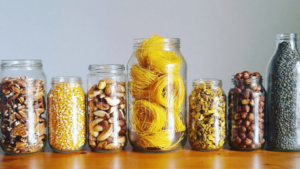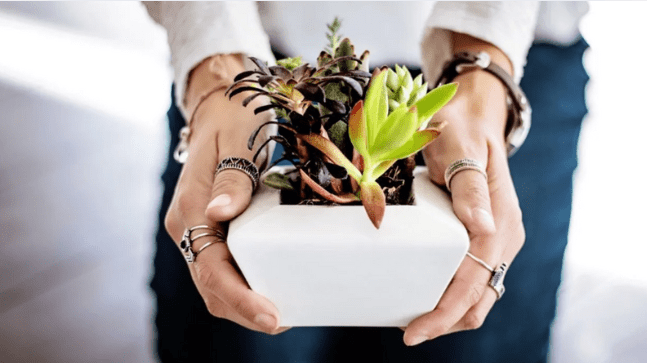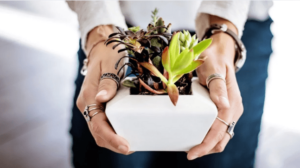Introduction
Plastic pollution is one of the most urgent environmental challenges of our time, contributing to environmental degradation, impacting wildlife, and clogging up landfills. But the good news? With these simple, effective plastic-free swaps, you can make a huge difference in your daily routine. Picture ditching single-use plastics without giving up convenience, or style — just clever substitutes that are gentler on the planet (and often your health). You’ll find these plastic-free swap ideas will have you re-evaluating your life, right from the kitchen to personal care and give you the tools to live greener today.
Trade in Plastic Bags for Reusable Options
For example, single-use plastic bags are an enormous source of pollution. Use compostable, organic cotton, hemp or recycled bags. They’re strong, washable, and chic enough to use for groceries, shopping or as a casual tote. Keep one in your purse or your car so you’re never stuck without it. Bonus: Some brands include compact, pocket-sized bags that fold up!
Switch to Reusable Water Bottles Instead of Plastic Bottles
Plastic bottles can take hundreds of years to decompose and can release dangerous chemicals in the process. Invest in reusable, stainless steel, glass, or BPA-free water bottles to keep your liquids fresh and cold. Many also arrive in insulated models, which can be used for hot or cold liquids and are great for taking on the go. This easy switch saves plastic garbage and money in the long run.
Say Goodbye to Plastic Straws
Single-use plastic straws are typically thrown away after one use and can wind up in the oceans, where they can injure or kill marine life. Opt for reusable options such as straws crafted from stainless steel, silicone, bamboo or glass. They’re easy to clean, and are packaged in portable cases. Or better yet, don’t use the straw at all whenever you can.
Use Beeswax Wraps Over Plastic Wrap
Beeswax wraps are a natural and reusable replacement for cling film for covering bowls as well as sandwich and snack wrapping. They’re made of cotton with beeswax, jojoba oil and tree resin, to make them moldable and breathable. After using, simply rinse with cold water and let it air dry, reusable over and over.
Opt for Bar Soap and Shampoo Bars
There is an enormous amount of waste caused by plastic bottles for soaps and shampoos as well. Bar soaps and shampoo bars are packaging-free or come in a biodegradable wrapper, which drastically reduces plastic. They keep longer, travel well and are typically made of natural ingredients, which is a win-win for your skin and the planet.
Opt for Glass or Stainless Steel Food Saver Containers
Ditch the plastic Tupperware in favor of glass or stainless steel storage containers for your leftovers and packed lunches. They are non-toxic, durable, and do not hold onto odors or stains as plastic can. Plus, they’re microwave and dishwasher safe, so they’re practical for everyday use.
Avoid Plastic and Use Wood or Bamboo Utensils and Toothbrushes
(Plastic cutlery and toothbrushes go to landfills and oceans, where they can take hundreds of years to degrade.) Choose reusable, sustainable materials for your utensils and toothbrush, such as bamboo or wood. C O M F O R T A Bamboo toothbrush swim with no sleeves and natural antibacterial. If you’re eating on the go, reusable cutlery sets made of stainless steel are a convenient size to store in a purse or briefcase.
Reducing Plastic Packaging: Shop in Bulk
And this kind of shopping at bulk, zero-waste stores or markets allows you to forgo buying products packaged in plastic. Carry your own containers and fill them with grains, nuts, spices and other staples. It’s a way to cut down on plastic use and can also save money. If you don’t have a bulk store nearby, look into online zero-waste retailers that ship with little or no packaging; or look for these online resources as ways to make your own.
Opt for Reusable Coffee Cups and Water Tumblers
And disposable coffee cups are typically lined with plastic and difficult to recycle. Bring your own reusable coffee cup to the cafes – options include stainless steel, glass or BPA free plastic. It has become Swedish custom at many places to give you a discount if you bring your own cup. Likewise, your reusable tumblers that keep your beverages at the right temperature and help reduce plastic waste.
Switch to Plastic-Free Feminine Products
Most common brands of feminine products contain plastics.
There is a significant amount of plastic in sanitary products. Products such as menstrual cups, reusable cloth pads and organic cotton tampons or pads with plastic-free packaging are a good alternative. Over time, they save a lot of money and cut down on waste significantly.
Opt for Natural Fiber Fashions and Accessories
Synthetic plastics, which shed microplastics in laundry, are often incorporated into fast fashion, like polyester and nylon. Choose garments from natural materials such as cotton, linen, hemp, or wool. Bags, hats and shoes in natural fibers also reduce plastic pollution and serve you for a longer time.
Compostable Trash Bags and Cleaning Supplies Keep it Clean and Green!
Conventional plastic garbage bags are a source of pollution after they are used. Compostable trash bags decompose in composting conditions. Likewise, seek out cleaning products that are sold in plastic-free packaging or have refill stations, which cut down on single-use plastic waste.
Conclusion
Swapping out plastic might seem daunting at first glance, but one change at a time makes a big difference. From reusable bags and bottles to natural fiber clothing and plastic-free personal care, these swaps lower pollution and protect wildlife, and usually improve your health and pocketbook, too. Begin small, be consistent, and see how simple and rewarding living plastic-free can be. Your planet will thank you — and so will generations to come.
FAQs
Q1: Are plastic-free switches going to cost me more?
Some will carry a larger price tag at the outset, but they end up saving money in the long run because they last longer and create less waste.
Q2: How can I remember to pack reusables?
Stash reusable bags, bottles and utensils in your car or handbag so you’re less likely to forget them.
A3: Will plastic-free products work as well as plastic ones?
Indeed, many have natural, reusable counterparts that work just as well, if not better.
Q4: How can I shop for plastic-free items?
Look for zero-waste stores, online eco retailers or local markets. Some supermarket chains have begun to set up plastic-free aisles.
Q5: What do I do with biodegradable or compostable items?
In home or municipal compost bins — where they exist — compost biodegradable items; check local guidlines.
